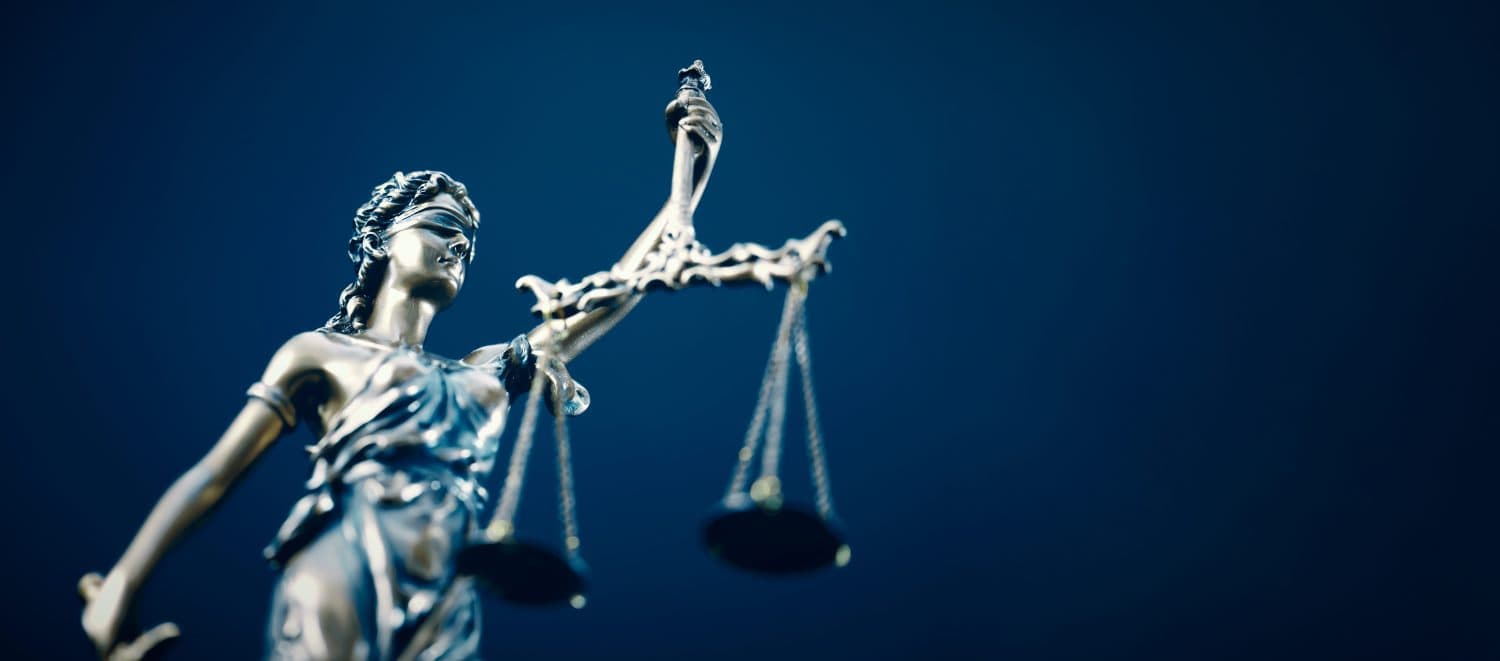Throughout American history, presidential scandals have played a significant role in shaping the ethical landscape of the Executive Branch. Events involving financial misconduct, political improprieties, and personal indiscretions have led to the establishment of more defined ethical standards for presidents. These regulations aim to govern the conduct of approximately one million federal employees across various agencies.
The evolution of these standards was formalized in 1993 through the **Executive Branch Standards of Ethical Conduct**, addressing issues such as gift acceptance, conflicts of interest, and the abuse of power. These changes were largely driven by high-profile scandals that revealed the need for greater accountability among elected officials.
Historical Scandals That Shook the Presidency
Presidential scandals are not a modern phenomenon; they have roots that extend back to the founding of the nation. Notably, **Thomas Jefferson** was implicated in a scandal involving an affair with **Sally Hemings**, one of his slaves. Hemings, a half-sister to Jefferson’s late wife **Martha**, bore him six children, four of whom survived to adulthood. **DNA analysis** later confirmed that a male-line descendant of Jefferson fathered Hemings’ children.
Another significant scandal occurred during the presidency of **Andrew Johnson**, who became the first president to be impeached by Congress in 1868. Johnson defied Congress by attempting to remove his Secretary of War, Edwin Stanton, from office despite the passage of the **Tenure of Office Act**. He was acquitted in the Senate by just one vote.
The administration of **Ulysses S. Grant** marked one of the most scandal-ridden periods in U.S. history. Grant faced multiple controversies, including a notorious plot involving **Jay Gould** and **James Fisk** to manipulate the gold market, which caused a national economic panic. Other scandals during his tenure included corruption in the **New York Custom House** and abuses related to postal contracts.
Modern Scandals and Their Impact
Fast forward to the 20th century, and the political landscape was still rife with scandal. **Franklin D. Roosevelt** faced scrutiny for his extramarital relationship with **Lucy Mercer Rutherfurd**, which became public knowledge after his death. His wife, **Eleanor Roosevelt**, had her own documented relationship with journalist **Lorena Hickok**, although the nature of their bond remains debated among historians.
**John F. Kennedy** became well-known for his numerous affairs, including rumored liaisons with White House staffers and **Marilyn Monroe**. His presidency was marked by both charm and controversy, with Jacqueline Kennedy herself acknowledging the rumors during a media tour.
The **Watergate scandal** involving **Richard Nixon** is perhaps the most infamous in American history. In 1972, a break-in at the Democratic National Committee headquarters led to revelations of extensive corruption and abuse of power within Nixon’s administration. This culminated in Nixon’s resignation in 1974 to avoid impeachment.
**Bill Clinton** faced impeachment in 1998 due to allegations of sexual harassment against a state employee and subsequent charges of perjury related to his affair with **Monica Lewinsky**, a White House intern. While the House of Representatives impeached Clinton, the Senate acquitted him, allowing him to finish his term.
Most recently, **Donald Trump** has been embroiled in a multitude of controversies, including accusations of sexual misconduct from 26 women. He faced two impeachments during his presidency: the first in 2019 for allegedly withholding aid to Ukraine to pressure them into investigating political rivals, and the second in 2021 for inciting the January 6 Capitol insurrection. In 2024, Trump was found guilty of falsifying business records, making him the first former president to receive a felony conviction.
These scandals illustrate the complex relationship between ethics and governance in the United States. They raise questions about the standards to which presidents should be held and the potential consequences of their actions, both politically and personally. As history demonstrates, the ethical conduct of the nation’s leaders remains a crucial component of public trust and democratic integrity.
